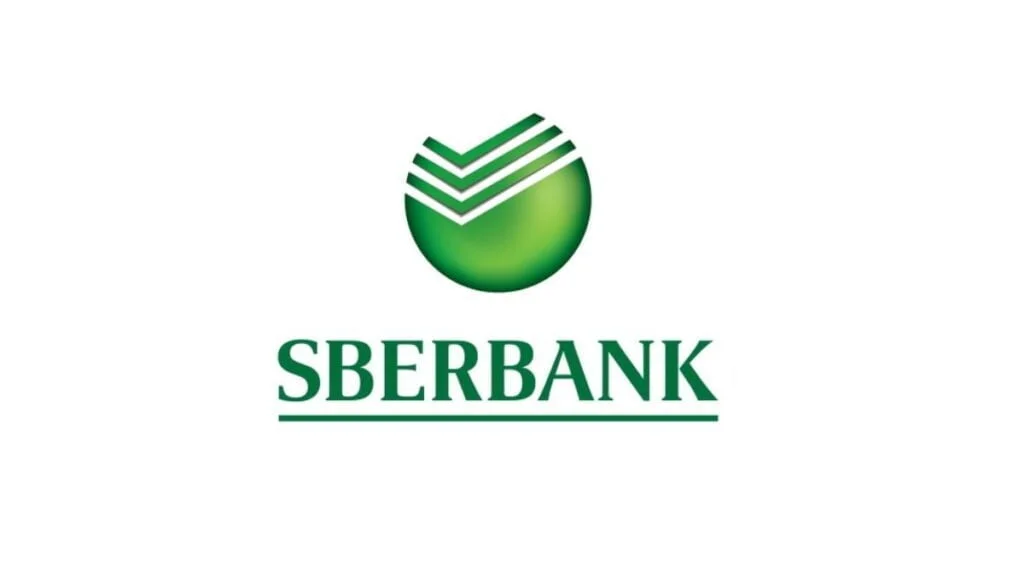Russia’s largest lender, Sber bank is moving into DeFi and Web3 by integrating its blockchain platform with the Ethereum blockchain.

Sber, formerly known as Sberbank, the largest bank in Russia, is continuing to improve its blockchain platform by merging it with the Ethereum blockchain.
Sber formally unveiled new possibilities for its own blockchain platform on November 30. These included support for Ethereum network applications and smart contracts.
According to the bank, this would enable developers to migrate complete projects and smart contracts between Sber’s blockchain and open blockchain networks.
The most recent updates to Sber also include an integration with the popular software wallet MetaMask, which is used to communicate with the Ethereum network.
According to the statement, the connection enables customers to carry out actions using tokens and smart contracts set up on Sber’s blockchain platform. The head of the blockchain lab at Sber, Alexander Nam, said, “
Sber Blockchain Lab works closely with external developers and partner companies, and I am glad that our community will be able to run DeFi applications on Sber’s infrastructure”
He noted that Sber will be able to bring together developers, businesses, and financial institutions to investigate real-world business uses for blockchain, Web3, and decentralized finance thanks to the newly integrated capabilities.
A blockchain platform for Sberbank’s “Sbercoin” stablecoin is set to launch in early 2021, as was previously reported. Sberbank has been actively developing blockchain products in recent years
. Sber eventually announced its first digital currency trade in June 2022 after gaining the central bank’s blessing in the spring of that year. The Russian government owns 50% plus one share of Sber, making it the majority stakeholder.
Shortly after Russian President Vladimir Putin called for an open blockchain-based settlement network, Sber made its announcement. He challenged the dominance of international financial payment systems and expressed his belief that technology based on digital currencies will lead to banking independence.
Putin’s administration also forbids the usage of cryptocurrencies by its citizens, outlawing all Bitcoin (BTC $16,930) transactions in early 2020.Legislators in Russia considered possible legal changes in late November in order for the country to establish a national cryptocurrency exchange.
According to reports, the Ministry of Finance and the Bank of Russia, which are well known for having significant disagreements when it comes to regulating the local crypto market, are both supporting this initiative.
